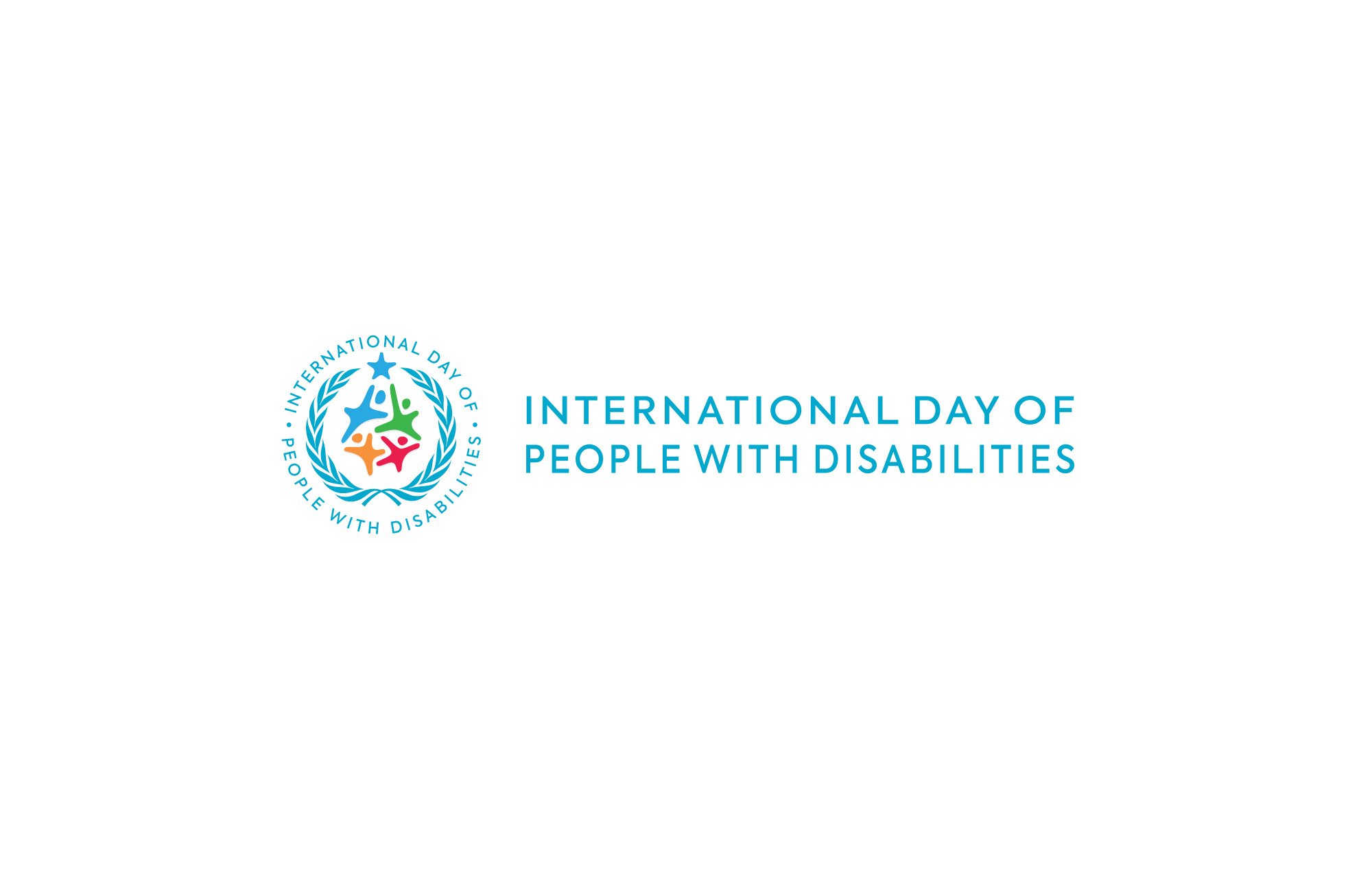After immigrating to the United States from Colombia at six years old, Gina Avila grew up in poverty, without a supportive network or community providing access to resources and opportunities.
Raised by a single mother who was adopted, Avila didn’t have external family support to rely on, either.
It was precisely these experiences that, as Avila pursued a career in higher education and non-profit work, would help her realize a passion for serving and educating women who also had limited resources.
“As my career developed, I came to realize that the difficulties my mother and I faced do not have to be the norm,” Avila tells InclusionHub, a realization that would inspire her to found the Women’s Empowerment Institute in 2017.
The national non-profit provides free job skills training and professional development for women in need through its AWS Training Program, Job Skills Training Program, and WEI Salesforce Administrator Training Program, its most recent offering.
As a result, Avila has witnessed women transform. They’ve learned valuable skills in tech, cloud software, and professional development, and gained meaningful employment that “fundamentally changes their lives,” she says.
“Empowering women in the workplace is crucial because it not only promotes gender equality and social justice, but also drives organizational success by harnessing diverse perspectives, talents, and skills,” says Avila. “By breaking down barriers, offering equal opportunities for growth, and fostering inclusive environments, we unlock the full potential of women, resulting in enhanced innovation, improved workplace culture, and sustainable economic growth that benefits both businesses and society at large.”
To help organizations learn how they can empower women in the workplace, InclusionHub sat down with Avila and other leading female voices to discuss strategies for equality, leadership, and career advancement.
Strategies for Equality, Leadership & Career Advancement
Promote Inclusive Hiring Practices
When it comes to building an inclusive workplace, it all begins with creating structural changes that promote more diversity. You also have to make a concerted decision to hire and promote more women.
According to a LinkedIn Gender Insights Report, female prospects apply for 20% fewer jobs than men, and recruiters are 13% less likely to click on a woman’s profile that appears in a search.
As for promotions, women are continuously overlooked, according to an annual survey conducted by the global consulting firm McKinsey & Company.
“For every 100 men who are promoted from entry-level roles to manager positions, only 87 women are promoted, and only 82 women of color are promoted,” the analysis stated. “As a result, men significantly outnumber women at the manager level, and women can never catch up.”
To promote inclusive hiring practices, organizations should consider the following factors:
- Benchmark Against Industry Standards: Measure how your gender-balance ratio compares to others in your industry. Once you have a relative benchmark, set goals for fostering more inclusive recruiting across job functions, departments, and senior levels.
- Affirm Your Commitment to Inclusion: According to a study from recruitment platform Yello, 64% of respondents say an employer’s “commitment to diversity and inclusion would be an important factor in their decision to accept an offer of employment.” Affirm this in your job description, and actively highlight the achievements of women in your company through social media and other methods.
- Create Inclusive Job Postings: Stay away from gender-specific language, be inclusive toward candidates with disabilities, and focus on position objectives instead of requirements. These help broaden your pool of interested candidates and increase “view-to-apply” ratios in your job postings, according to the aforementioned LinkedIn report.
Provide Mentorship Opportunities
Companies should focus on not only hiring more female employees, but helping new and existing staff succeed and grow within the organization.
An analysis of 10,493 organizations in 51 countries from business management consulting company Deloitte found only 19.7% of board seats are held by women, and even a smaller percentage—5%—are CEOs. Remove the percentages and consider the human element: In most board meetings, women are significantly outnumbered by their male counterparts.
Workshops, training sessions, skill building, and mentorship programs are great ways to foster professional development and career advancement, explains speaker, author, and transformation coach Lea Tran.
A Chinese refugee from Vietnam, Tran survived a harrowing passage to the United States. Despite the adversity, she found success and uses her many skills to assist others. Most recently, Tran has been mentoring businesses and clients to realize their full potential, all the while serving as a founding member of Femcity, a global female networking organization.
“Identifying and nurturing leadership potential among women is crucial,” Tran tells InclusionHub. “Organizations should proactively identify high-potential individuals and provide them with the necessary training and opportunities to take on leadership roles, ensuring a diverse and dynamic leadership team that reflects the workforce’s composition.”
Implement Diversity Training
With only a minute portion of women in board rooms and C-Suite positions, it is important to mitigate stigma by providing training on subjects such as culture awareness, unconscious bias, and communication, Tran says.
Beyond compliance requirements and checking off the proverbial box, adopting such practices help “cultivate an environment of ongoing learning,” where diversity, equity, inclusion, and belonging (DEIB) are woven into the fabric of the company itself.
Avila, the founder of Women’s Empowerment Institute (WEI), echoes that message.
She urges businesses to “embed diversity and inclusion principles in the organization's mission, values, and leadership practices to ensure that a diverse culture becomes a fundamental aspect of the company's identity and operations.”
Maintain Transparent Pay Policies
Women typically earn 83 cents for every dollar men make. While it’ll take more than one solution to end the wage gap, research has shown that salary transparency can help reduce the disparity.
Transparent pay policies also encourage greater trust, motivate staff to excel, and send a “powerful message about the organization's commitment to gender equality,” says Tran.
To encourage greater transparency, recruiters should highlight salary ranges in job descriptions and conduct regular pay equity assessments, auditing how employees’ earnings compare to industry standards for age, gender identity, seniority, and other criteria.
Facilitate Networking
WEI does the important work of helping women develop the practical skills that will help drive success. At the same time, those who participate in the nonprofit’s many programs gain an invaluable “sisterhood that inspires women to stand in their power with confidence, and become strong leaders,” Avila says.
Such networking opportunities provide professionals with tangible career resources, and access to a community of “like-minded, strong women” that empower each other’s success.
Ensure Leadership Buy-in
John Kotter, one of the leading voices on organizational change, a best-selling author, and decorated Harvard Business School professor, estimates that businesses need buy-in from at least 75% of leadership to effectively promote DEIB initiatives. That’s because executive support helps businesses scale and focus efforts for more meaningful, enduring outcomes.
If some within an organization are resistant, begin by making the business case for DEIB. While this isn’t a long-term substitute for authentically championing it, highlighting its positive financial, compliance, and reputational advantages helps meet business leaders where they are and garner their support.
Offer Remote & Flexible Work
According to a global survey of 22,000 female staff from multinational professional services company PwC, the respondents who reported feeling the most empowered were those who had the opportunity to work remotely (74%), while those in full-time positions that lacked such accommodations had the lowest empowerment scores.
The pandemic particularly underscored this reality, as women, suddenly saddled with teaching at home, caring for their families, and managing careers, were forced to balance a sudden deluge of obligations, all occurring simultaneously. But as time has passed, workers have grown to appreciate the flexibility afforded to them due to remote opportunities.
As we’ve learned, such accommodations promote better work-life balance, improved retention rates, and a broader pool of interested candidates.
The aforementioned McKinsey & Company report found that women are increasingly more likely to look for new opportunities due to poor workplace culture.
“Women leaders are significantly more likely than men leaders to leave their jobs because they want more flexibility or because they want to work for a company that is more committed to employee well-being and DEI,” the report’s authors wrote.
Creating a Diverse Workplace That Empowers Women to Succeed
More than a checkbox to achieve, these strategies help foster a culture of greater empowerment in the workplace.
Ultimately, this continued process is sustained by each employee’s willingness to be open, receptive, and empathetic toward the needs and challenges of others—qualities which women excel in, and can naturally help to promote.
“Women inherently possess a strong affection toward empathy and compassion, qualities that naturally resonate in their interactions with fellow associates,” Tran says, adding: “The empowerment of women isn't just a pursuit of equality; it's a strategic endeavor that leverages unique strengths, nurtures a progressive environment, and elevates the collective potential of both individuals and the organization as a whole.”
As companies move toward a more diverse workplace, “success” shouldn’t be measured in terms of a final destination to reach. The hallmark of meaningful progress is a more diverse and inclusive workplace.
When one staff member succeeds, we all do.
When we uplift each other, we uplift our organization as a whole—fostering a more inclusive, unified work environment where everyone feels empowered to succeed.
InclusionHub is an online, crowd-sourced resource directory dedicated to raising awareness about and improving gender equality, accessibility, DEIB, and other important issues. To learn more about or join in this extraordinary pursuit, contact us today.






Leave a Comment